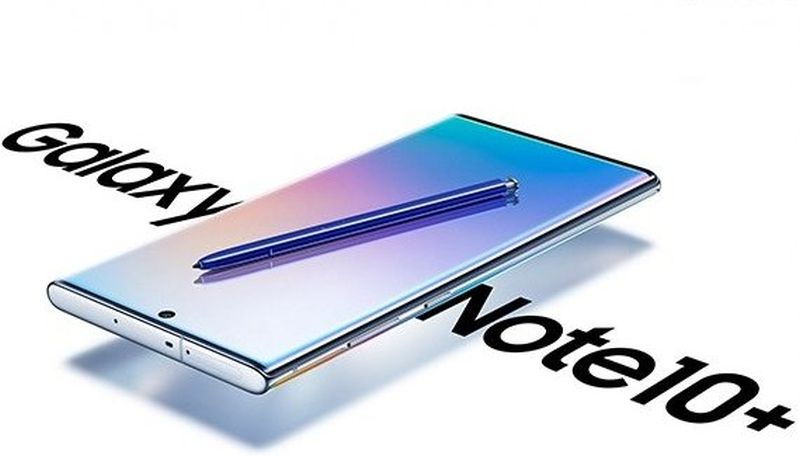To recap, last week, Japan hit South Korea with fresh rounds of tighter export regulations. Targeting materials needed by the South Korean electronics industry to produce the relevant components, such as chips. Of these components, three of them – fluorinated polyimide, polyimide resists, and hydrogen fluoride – are crucial to companies like Samsung. As they are typically needed to manufacture their iconic SUPER AMOLED displays. In the case of the Galaxy Note 10, the affected component in this story is its new Exynos 9825 SoC; essentially a souped version and 7nm variation of its already existing Exynos 9820 SoC. In the same way Qualcomm’s new Snapdragon 855+ is a simply a turbo-charged version of its Snapdragon 855 SoC.
Samsung official says that due to the dispute, Samsung is currently left with no choice but to reduce the target production number of the Exynos 9825 SoC by 10%, and that the reduced number will be compensated by its factories in the following month. Beyond that, the Korean electronics giant declined to confirm any further reports about the disruption. (Source: SamMobile)
